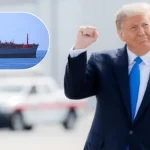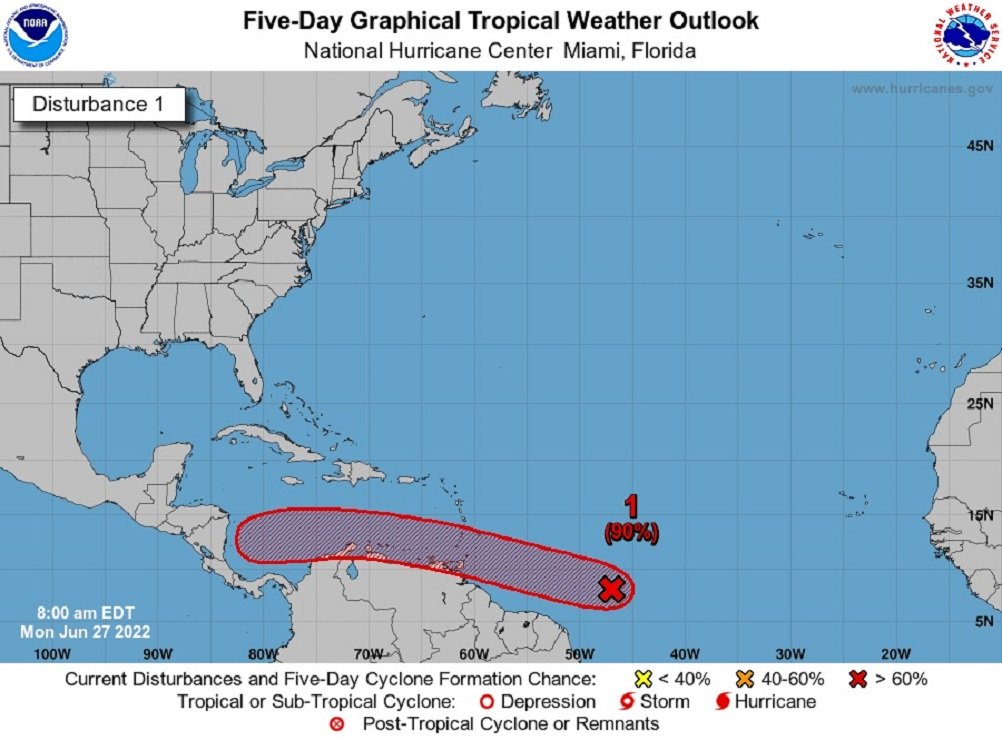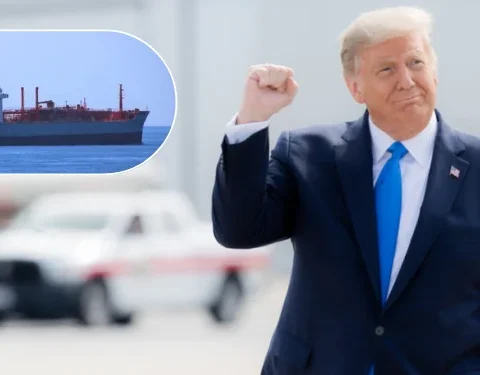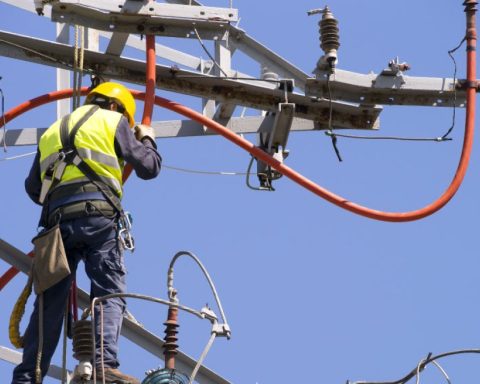NATO, which this week will hold its summit in Madrid to agree on its strategy for the next decade, has had one foot in South America for four years with the inclusion of Colombia as the first Latin American “global partner” of the Atlantic Alliance.
(Read: Is a recession inevitable? This is what some economists think).
This rapprochement took place during the Government of Juan Manuel Santos, who on May 31, 2018, two months before leaving the Presidency, formalized in Brussels together with the Secretary General of NATO, Jens Stoltenberg, the cooperation agreement that made the country in “global partner” of the Alliance, so far the only Latin American to achieve that status.
At the end of the 1990s, during the time of “carnal relations” with the United States, the then Argentine president, Carlos Menemproposed the incorporation of his country into NATO, which would have entailed the expansion of the Alliance to the South Atlantic, but his proposal was not echoed, among other reasons because it would have encountered opposition from the United Kingdom, a founding member of the Organization in 1949 and with which it maintains a dispute over the Malvinas Islands.
In the world there are other countries that have the status of global partner, such as Japan, Australia, New Zealand and South Korea, which, like Colombia, will not be at the Madrid summit, reserved for the thirty member states.
PEACE AND COOPERATION
The cooperation agreement with NATO was possible after the signing of peace with the FARC, which took place in November 2016 and which ended the conflict of more than half a century with that guerrilla, which allowed the Colombian Government to make changes in its defense priorities, without neglecting the fight against the other illegal armed groups.
In practical terms, NATO’s “global partner” status allows the Colombian government to strengthen existing cooperation with the Atlantic Alliance on issues such as the fight against transnational crime, implement a policy of greater transparency in military purchases, standardize internal processes and training of the Armed Forces in some areas, such as demining and mitigation of the effects of climate change.
As part of that cooperation, Colombian Army EngineersAt the request of NATO, they will train Ukrainian soldiers in “doctrine, techniques and tactics” of humanitarian military demining, Defense Minister Diego Molano announced last month.
According to Molano, Colombia’s experience in humanitarian demining after the signing of peace with the FARC “will be put at the service of the Ukrainian military, whose training will be carried out by eleven military engineers who will go to a neighboring NATO member country. to Ukraine”.
Colombia’s agreement with NATO, which co began to be forged in 2013 with the signing of a memorandum for the exchange of information and security, was harshly questioned at the time by left-wing governments of other Latin American countries that, as in the case of neighboring Venezuela, branded that approach as “alarming” considering that it would open ” the door to warmongering and interventionist politics” in the region.
EXTRA-NATO STRATEGIC ALLY OF THE US
In addition to the “global partner” agreement, Colombia was declared last May as US strategic military ally outside NATO, which will make it possible to deepen defense cooperation with Washington, including access to military material.
The US president, Joe Biden, communicated this status to his Colombian counterpart, Iván Duque, during his visit to the White House last March, and formalized it in May in a letter to Congress in which he highlighted “the importance of the relationship between the US and Colombia and Colombia’s crucial contributions to regional and international security”.
“I want to thank that special status that President Biden has given to the relationship with Colombia, a strategic country, a strategic ally that is not a member of NATO. It is really the demonstration that we continue to take steps towards the future, a wonderful support from the United States. States,” Colombian Vice President and Foreign Minister Marta Lucía Ramírez said last Friday at an event commemorating 200 years of bilateral relations.
(Also: ‘Dirty Float’: Peru’s system for keeping its currency stable.)
The future status of Colombia in NATO It is one of the issues on which the elected president of Colombia, the leftist Gustavo Petro, who will assume power on August 7, could pronounce himself. Petro, who at the age of 17 joined the M-19 – an intellectual and urban guerrilla group that demobilized in 1990 and became a political movement – has on several occasions expressed his critical opinion of this situation.
“NATO stands for North Atlantic Alliance. We are from the Caribbean and the Pacific and very, very Latin American,” Petro wrote on the social network Twitter in June 2013. However, throughout the recent election campaign, Petro has not been He has not explicitly referred to NATO when he has spoken about the war in Ukraine, nor has he stated that he will remove Colombia from cooperation with the Atlantic Alliance.
EFE


















